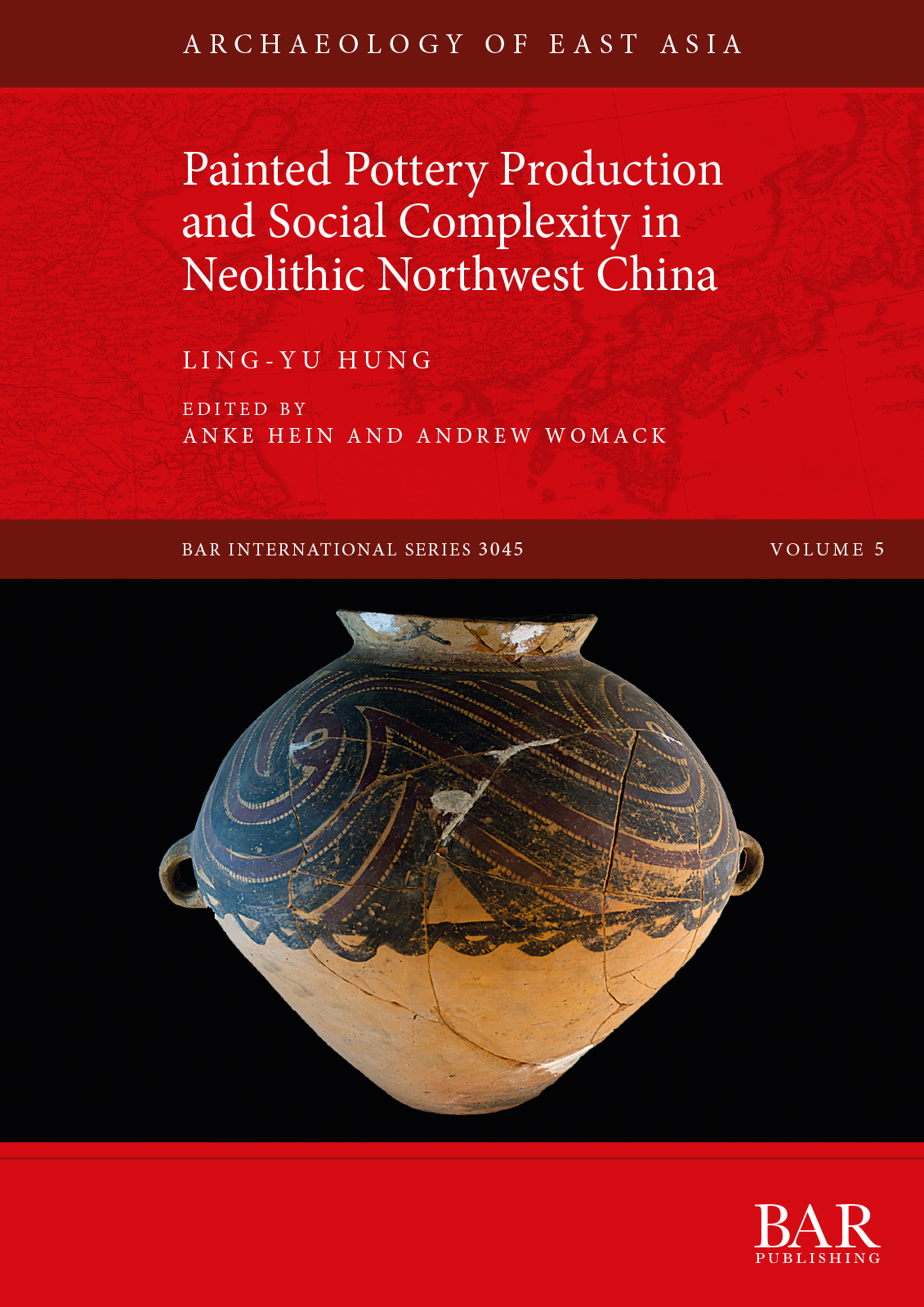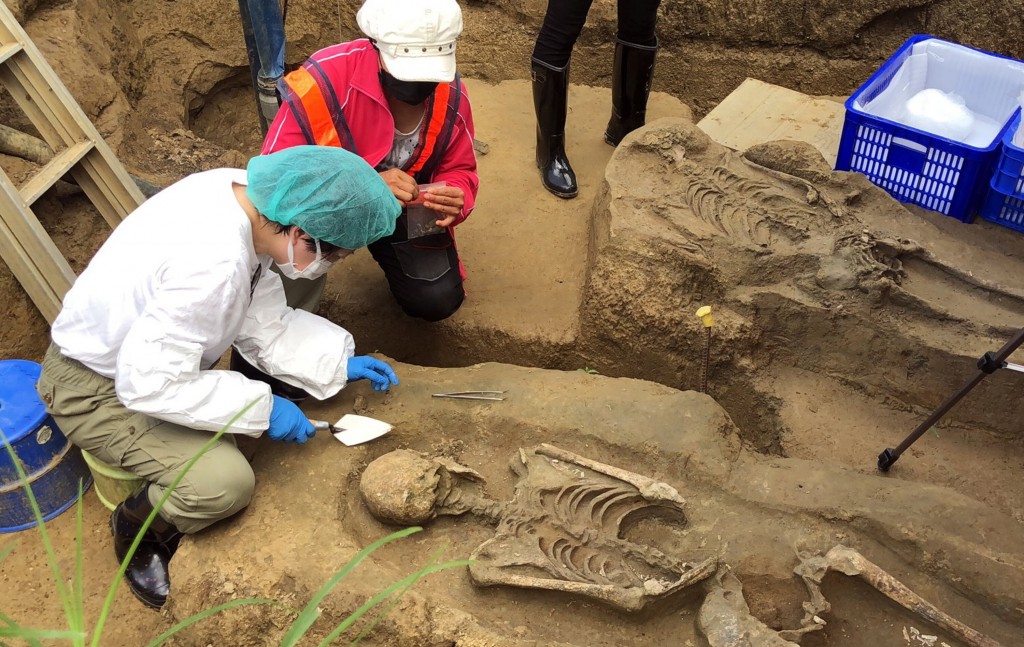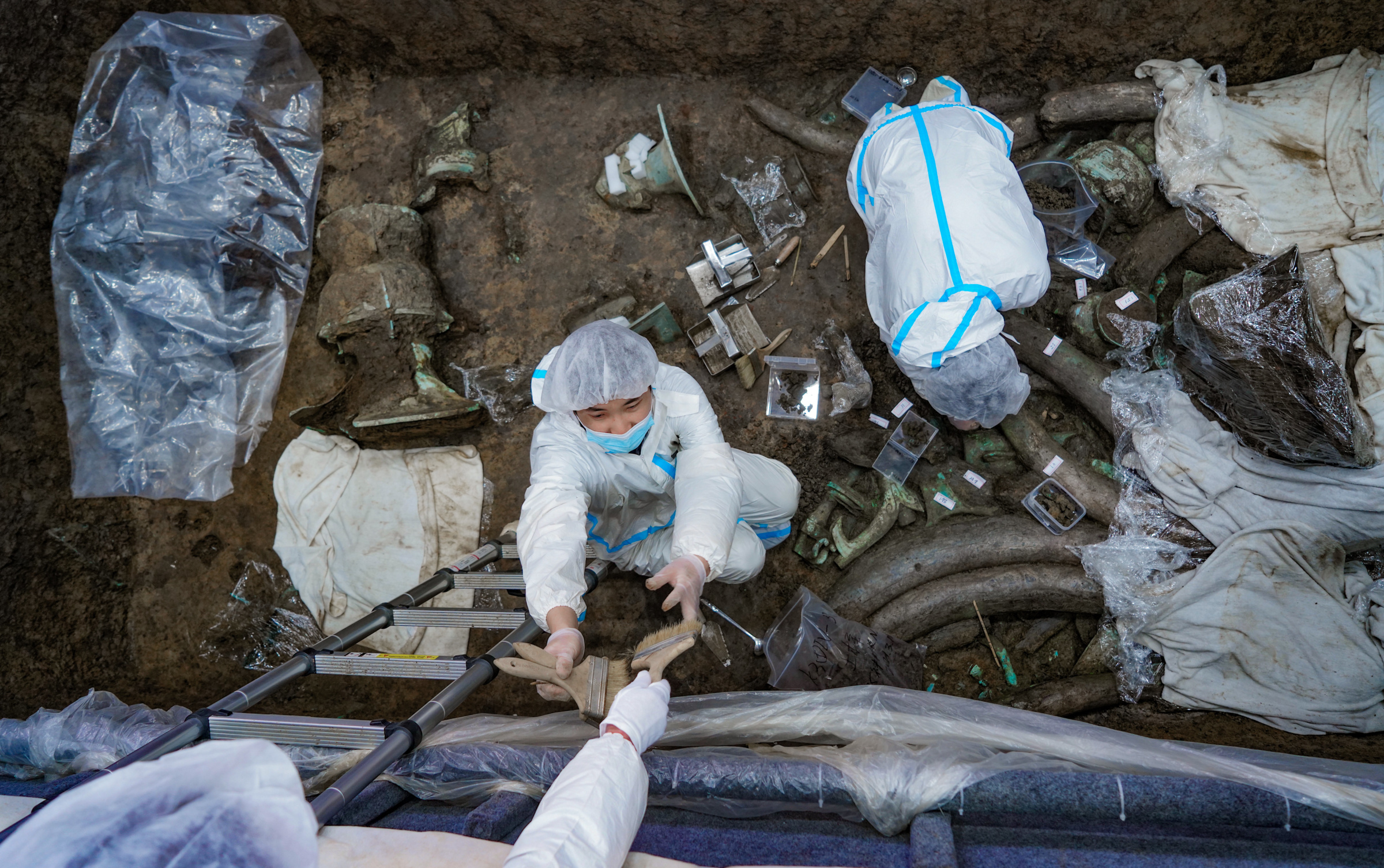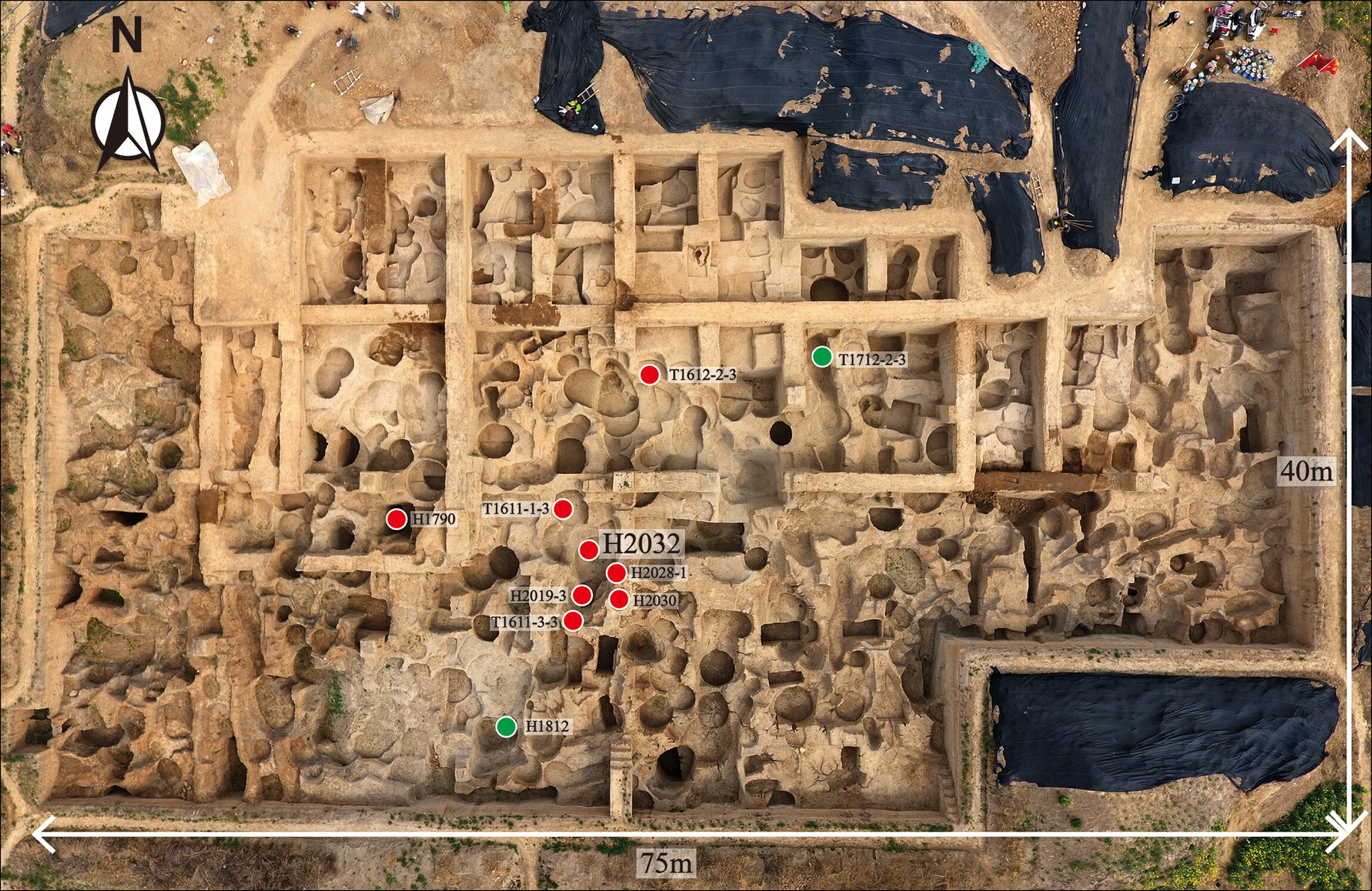SEAA News Blog
New fieldwork or research discoveries? Upcoming conference or workshop? New job opening or fellowship posting? New book?
Share the latest news of your work with your colleagues, advertise for job or fellowship openings, find participants for your conference session and more on the SEAA blog.
Guidelines: All posts should be related in some way to East Asian Archaeology. When writing your post, please use capital letters for surnames. Original script (Chinese, Korean, Japanese) for East Asian place names, personal names, or archaeological terms is encouraged. For the transcription of East Asian language terms, Pinyin for Chinese, Hepburn for Japanese, and the Korean Government System (2000) for Korean is encouraged.
Contributions should be limited to around 500 words and 1-2 images. For longer descriptions of your projects, you may consider the Reports section of the Bulletin (BSEAA).
Members can submit their news posts to the SEAA web editor via the website (see SEAA Members' Area for details and instructions on blog submissions) or via email. Non-member contributions are also welcome and may be submitted via email to the SEAA web editor.
The editor(s) reserves the right to carry out minor editing, or to decline contributions inappropriate to the objectives of SEAA.
Grants in Modern Chinese History or Archaeology from the Esherick-Ye Family Foundation
The Esherick-Ye Family Foundation is pleased to announce its sixth annual competition for small grants of up to $6,000 to support projects in modern Chinese economic, social, and political history or in archaeology.
Assistant Professor of Korean Art History
The official excavation research of Wolseong began in December 2014.
Literally translated as “moon castle” in English, Wolseong, which is also listed at Unesco World Heritage, measures more than 200,000 square meters and is considered one of the most important historical sites in Korea as it was the seat of the Silla Dynasty. Compared to its historical weight, the Wolseong area had been left largely unexplored.
National Museums Scotland is looking for an Assistant Curator for its Asian Section. The Asia Section cares for more than 40,000 objects from China, Japan, Korea, the Himalayas, the Middle East, and South and Southeast Asia. Collecting started from the middle of the 19th century, focussing on the arts and crafts of this region but also included prehistoric and ethnographical material. Particularly noteworthy, for example, are their Chinese ceramics which represent the production of many kilns in China from the late Neolithic period to the Cultural Revolution era.
Yen Ting-yu (顏廷伃), who received a PhD from National Taiwan University’s Department of Anthropology and is responsible for the excavation, estimated that the two skeletons date back to the Neolithic period, 2,500 years ago. This site marks a breakthrough in archeology for the Chiayi region, as previously there had not been many findings.
For the full article, please see: https://www.taiwannews.com.tw/en/news/4282330?fbclid=IwAR2XVdvQvSVj-Bz0…
The Departments of East Asian Studies and History at Princeton University invite applications for a tenure-track assistant professor position in Early Chinese History (Zhou through Han), with particular emphasis on intellectual history in its sociopolitical contexts. The position is primarily based in the Department of East Asian Studies, but with a joint appointment in the History Department. The successful candidate should have a strong commitment to excellence in teaching and research.
The Indiana Jones Syndrome
The following is the English translation of a Danish article by Peter Harmsen, first published in Weekendavisen
On the border of the desert, near the Great Wall of China, lies the 4000-year-old ancient city of Shimao. Here, in recent years, archaeologists have made one important discovery after another, and along the way, they have been forced to revise their assumptions about how civilization originated in what is now called China.
"A team of researchers from Zhengzhou University, the Modern Analysis and Computer Center of Zhengzhou University and Peking University, all in China, has found evidence of what appears to be the oldest coin-minting operation ever uncovered. In their paper published in the Cambridge University journal Antiquity, the group describes their discovery and study of coins and minting molds found at a dig site in Henan Province, China, and what they have learned about it."






